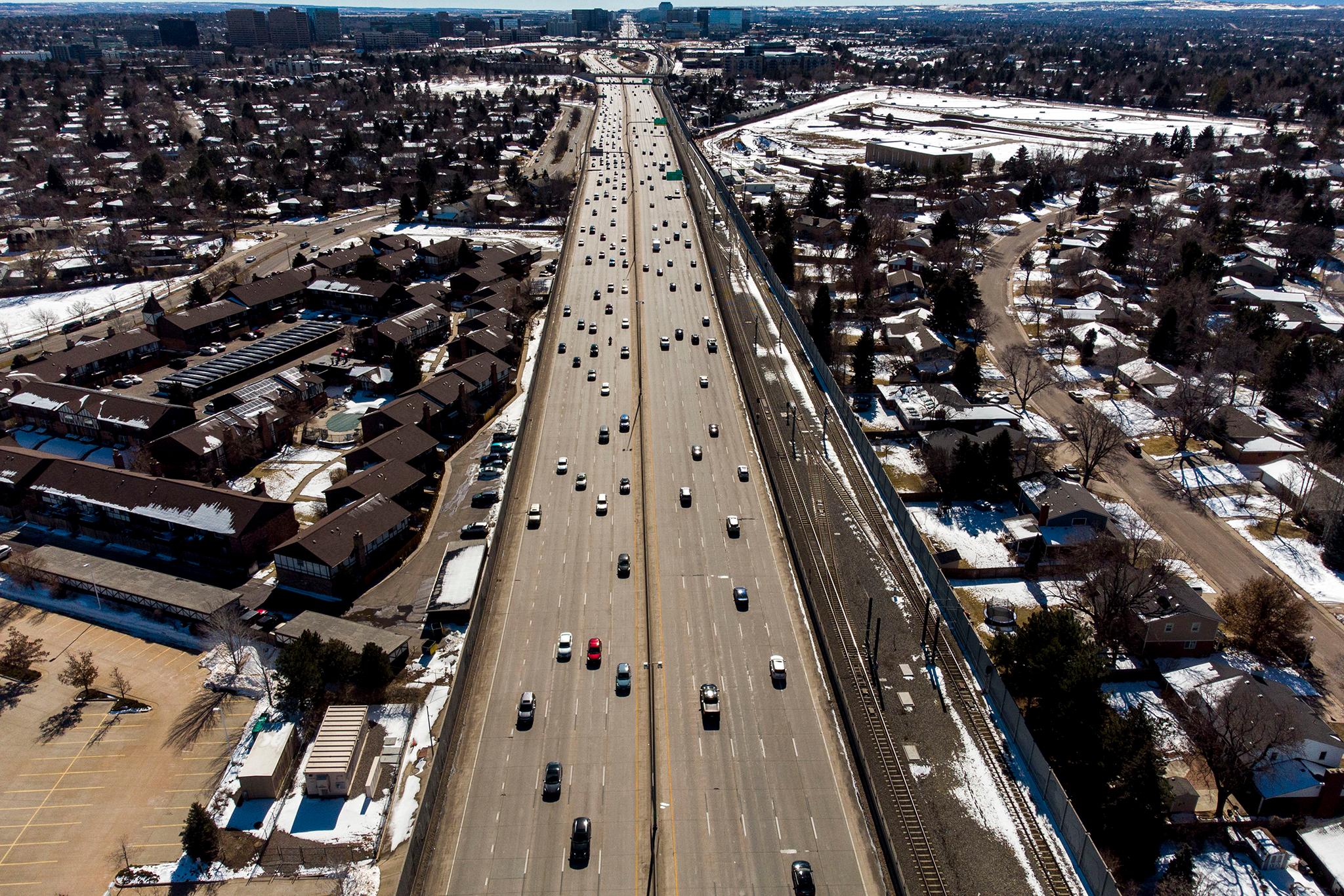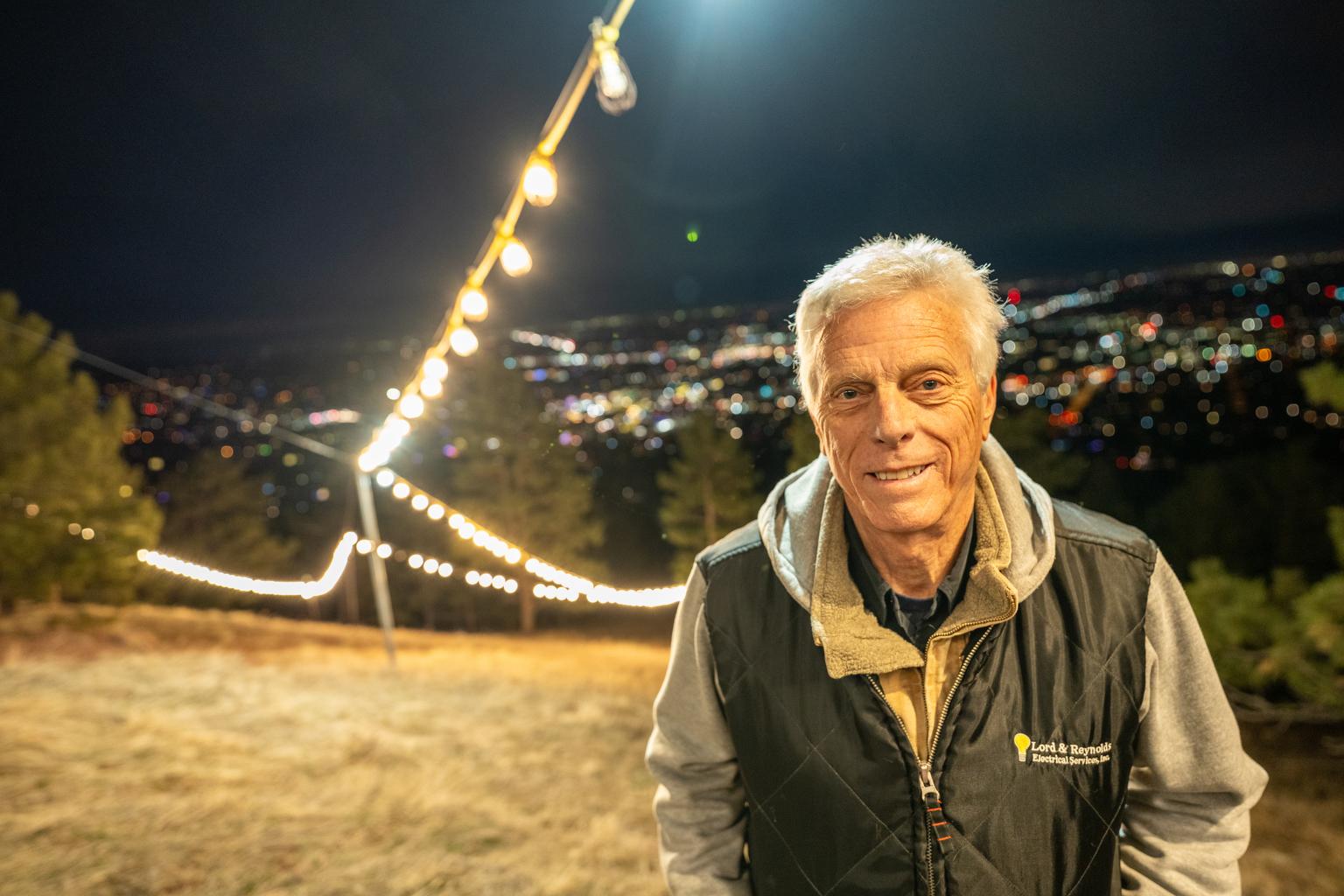
Environmentalists have long waged a battle against coal companies in Colorado. One specific area of criticism has been the coal leasing program on federal lands.
Now after the Paris Climate Talks and President Obama’s decision against Keystone XL— two big wins for environmental groups in 2015 — Earthjustice and other groups are hoping that this year establishes more momentum to the challenge of federal coal leases.
Colorado could provide a critical test case in 2016. It stems from a 2012 Roadless Rule, in which the U.S. Forest Service set aside 4.2 million acres of public lands for management. In late November 2015, the agency proposed allowing coal exploration on 19,700 acres in the North Fork Valley near Paonia. Public comment on the plan wraps up later this week.
"This is an important case because the Obama Administration and the coal industry has taken the position that whether you mine coal or not in the United States, there's no impact on climate change," said Earthjustice Attorney Ted Zukoski.
Earthjustice has a history with the North Fork Coal Mining area exemption. In 2013, it successfully sued the federal government to get a more detailed accounting of the climate impacts that happen when coal is extracted and burned. That analysis established different scenarios, saying that mining could contribute between 13.6 to 43.2 metric tons of greenhouse gasses to the atmosphere annually.
Earthjustice's Zukoski said his court case established a full accounting and more transparency on what the climate change impacts are when coal is extracted from federal lands. WildEarth Guardians had similar success in 2015 challenging leases at the ColoWyo Mine.
"The next question is, 'What do you do with that information?'" he said. "And that question is squarely served up here."
The proposal has already received more than 600 public comments--with opposition from local municipalities like Hotchkiss, Mesa County and the Colorado Mining Association.
"[The U.S. Forest Service] very carefully balanced environmental protection with the needs for economic development in that area," said Stuart Sanderson, president of the Colorado Mining Association. "Mining is an anchor of rural economies. That's what a lot of people on the Front Range, we hope, will understand."
The entire debate over the Colorado Roadless Rule exemption and federal coal leases comes at a time when the coal industry is in economic decline across Colorado. According to the Energy Information Administration, coal mining across the state is at a 21-year low. The company that stands to benefit most from the Roadless Rule Exemption is Arch Coal, which has been sputtering toward bankruptcy. Mining is expected to further shrink as the Clean Power Plan is implemented.
The U.S. Forest Service will accept public comment on the plan through Jan. 15. A decision is expected this spring.









